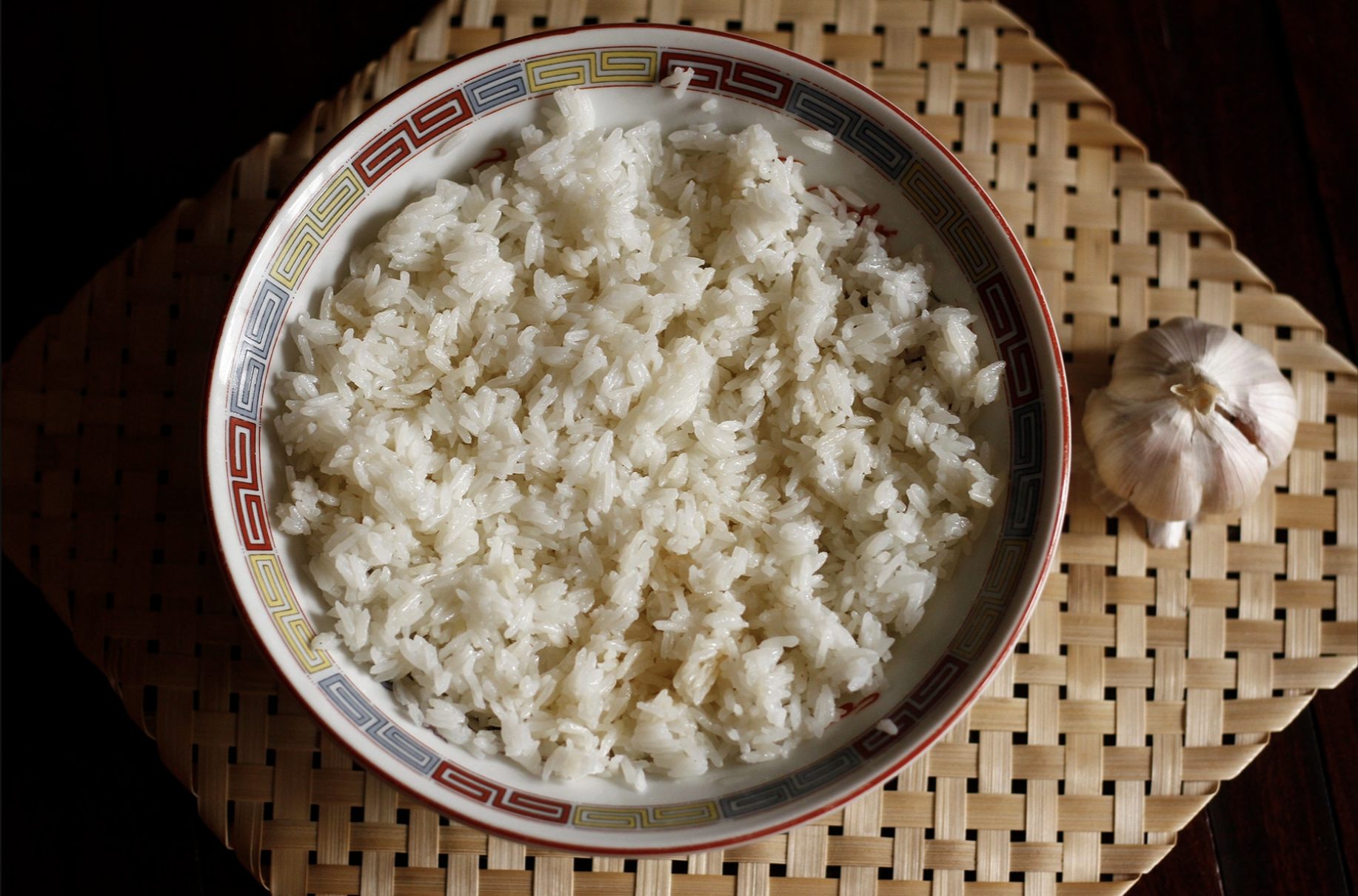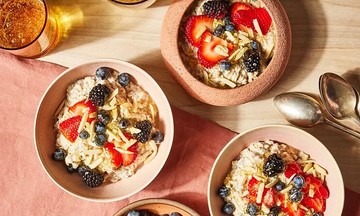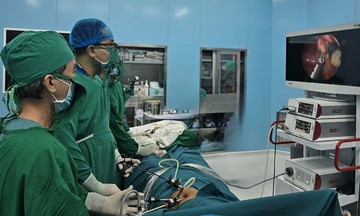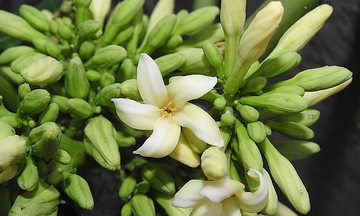In today's fast-paced world, high blood sugar and diabetes are becoming increasingly common health concerns. Many people are too busy to maintain balanced diets, and sedentary lifestyles increase the risk of elevated blood sugar levels, silently harming the body.
According to the American Heart Association, uncontrolled or untreated high blood sugar can have long-term effects on the heart and blood vessels. This can lead to nerve damage (neuropathy), kidney failure, eye and foot problems, and other health issues.
Dr. Sudhanshu Rai, a specialist in metabolic disease and sports physiotherapy, offers these tips for controlling blood sugar naturally:
Reduce carbohydrate intake. Dr. Rai's first tip is to cut out sugar and reduce carbohydrates like bread and rice. A 2005 study, "The Case for a Low-Carbohydrate Diet in the Management of Diabetes," found that reducing carbohydrate intake helps control blood sugar, promotes weight loss, and reduces insulin dependence.
A trial published in JAMA Network Open indicated that for people with prediabetes, a low-carbohydrate diet can quickly return A1C levels to a healthy range.
Consume cinnamon daily. Dr. Rai recommends incorporating cinnamon into your daily diet by adding a pinch to your morning tea. This simple step can help manage sudden blood sugar spikes throughout the day. A 2019 study on "The Effects of Different Doses of Cinnamon Consumption on Blood Glucose in Healthy Adults" found that supplementing with 1-6 grams of cinnamon daily reduced fasting blood sugar by 18-29% and improved HbA1c in type 2 diabetes patients.
Begin meals with a fiber-rich salad. To naturally control blood sugar, Dr. Rai also advises eating a fiber-rich salad before low-carb main courses. A 2023 study of 13 healthy men showed that eating a vegetable salad before rice significantly reduced their post-meal blood sugar levels compared to eating rice before the salad. The study also noted that fiber and polyphenols in vegetables slow down carbohydrate absorption, lessening the blood sugar spike after meals. Therefore, the study suggests that making a habit of eating vegetables first can significantly help control blood sugar.
Choose complex carbohydrates over simple carbohydrates. Choosing complex carbohydrates instead of simple carbohydrates can significantly help control and improve blood sugar levels. Simple carbohydrates include foods like white bread, pastries, and sugary drinks. These are quickly broken down into glucose, causing rapid blood sugar fluctuations. Complex carbohydrates, such as whole grains, legumes, and vegetables, are digested more slowly due to their high fiber content. This results in a gradual release of glucose, providing stable energy, preventing sudden spikes, and improving insulin sensitivity over time.
A 2018 study linked dietary carbohydrates to the risk of type 2 diabetes. The results showed that complex carbohydrates, especially those rich in fiber, reduced the risk of diabetes and improved blood sugar control.
 |
A low-carb diet improves blood sugar control, reduces body weight, and insulin use. Photo: Bui Thuy |
A low-carb diet improves blood sugar control, reduces body weight, and insulin use. Photo: Bui Thuy
Walk for 20 minutes after each meal. Dr. Rai recommends a 20-minute walk after every meal to help prevent sudden blood sugar spikes.
A 2022 study on "The Effects of Postprandial Walking on the Postprandial Glucose Response with Different Characteristics," published in Nutrients, found that 30 minutes of brisk walking immediately after a meal helped lower post-meal glucose. It also improved the blood sugar response in healthy individuals.
Drink bitter melon juice three times a week. Dr. Rai suggests drinking bitter melon juice three times a week to naturally control blood sugar levels.
A 2017 study published in the Journal of Traditional and Complementary Medicine found that bitter melon juice significantly reduced blood sugar levels in type 2 diabetes patients, with effects seen 90 minutes after consumption. The study concluded that bitter melon juice can help manage diabetes.
Another study published in the Journal of Ethnopharmacology in 5/2025 highlighted that consuming bitter melon for about 12 weeks can improve blood sugar in people with prediabetes.
Replace sugar with stevia or monk fruit. Consuming sugar raises blood sugar levels and causes inflammation in the body, which can negatively impact long-term health. Substituting refined (white) sugar with natural alternatives like stevia or monk fruit prevents sudden glucose spikes. Stevia and monk fruit are low in calories, aiding in weight management, an important factor in maintaining healthy blood sugar levels.
Eat smaller, more frequent meals instead of three large ones. Eating smaller meals instead of three large ones can help maintain stable blood sugar levels throughout the day. When you eat a large meal, especially one high in carbohydrates, your blood sugar rises rapidly and then drops sharply, leading to fatigue, cravings, or irritability. Consuming smaller, more balanced meals throughout the day prevents these fluctuations by providing a steady supply of energy. This also reduces the strain on insulin production, making it easier for the body to manage glucose.
A 2024 study in the Journal of Diabetes found that eating six small meals reduced glucose spikes and decreased insulin and free fatty acids in older adults with type 2 diabetes, compared to eating two large meals daily.
"If these tips are helpful, continue them for 12 weeks. Blood sugar = diet + time. Address both, and the results will follow," added Dr. Rai.
My Y (Times of India)












